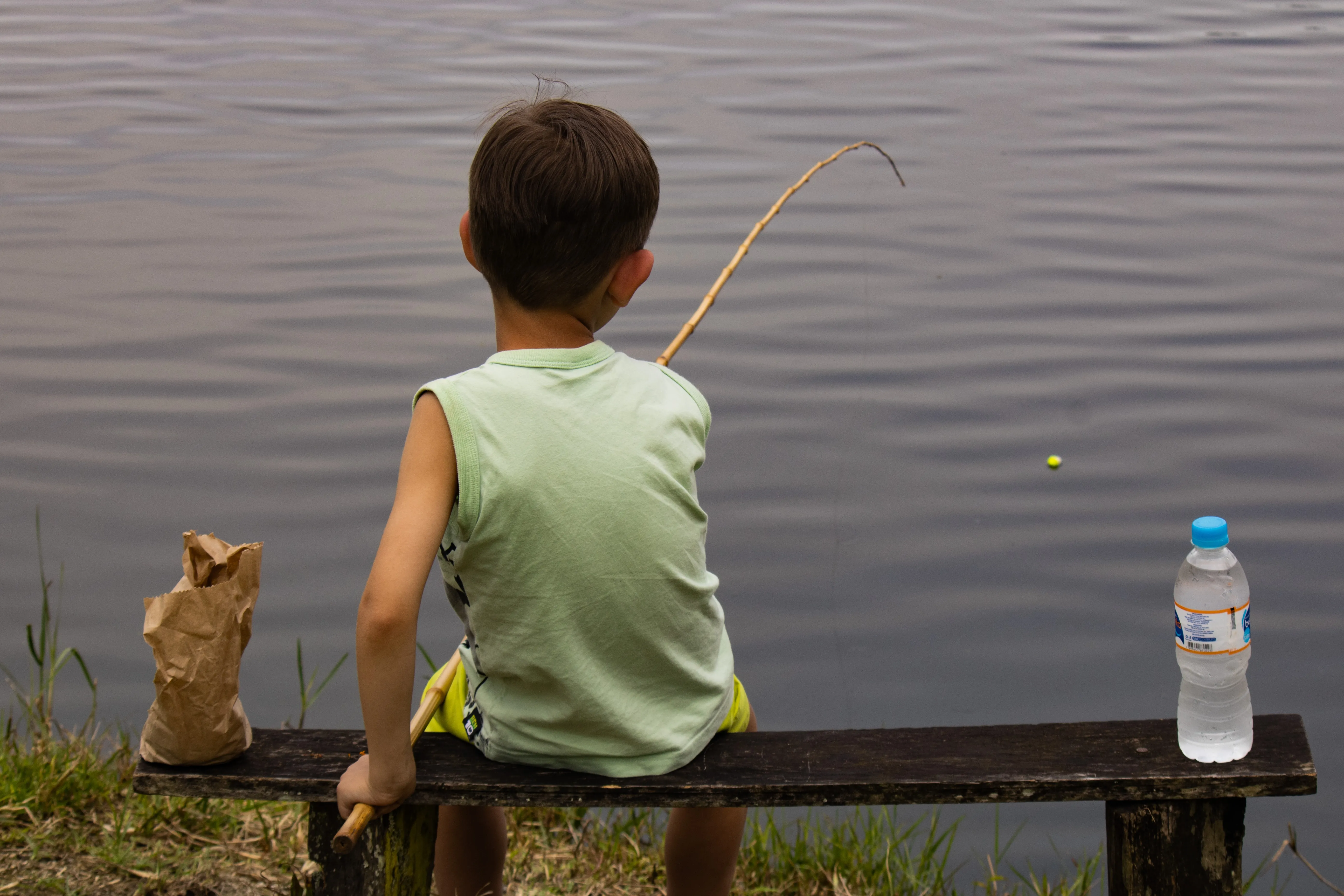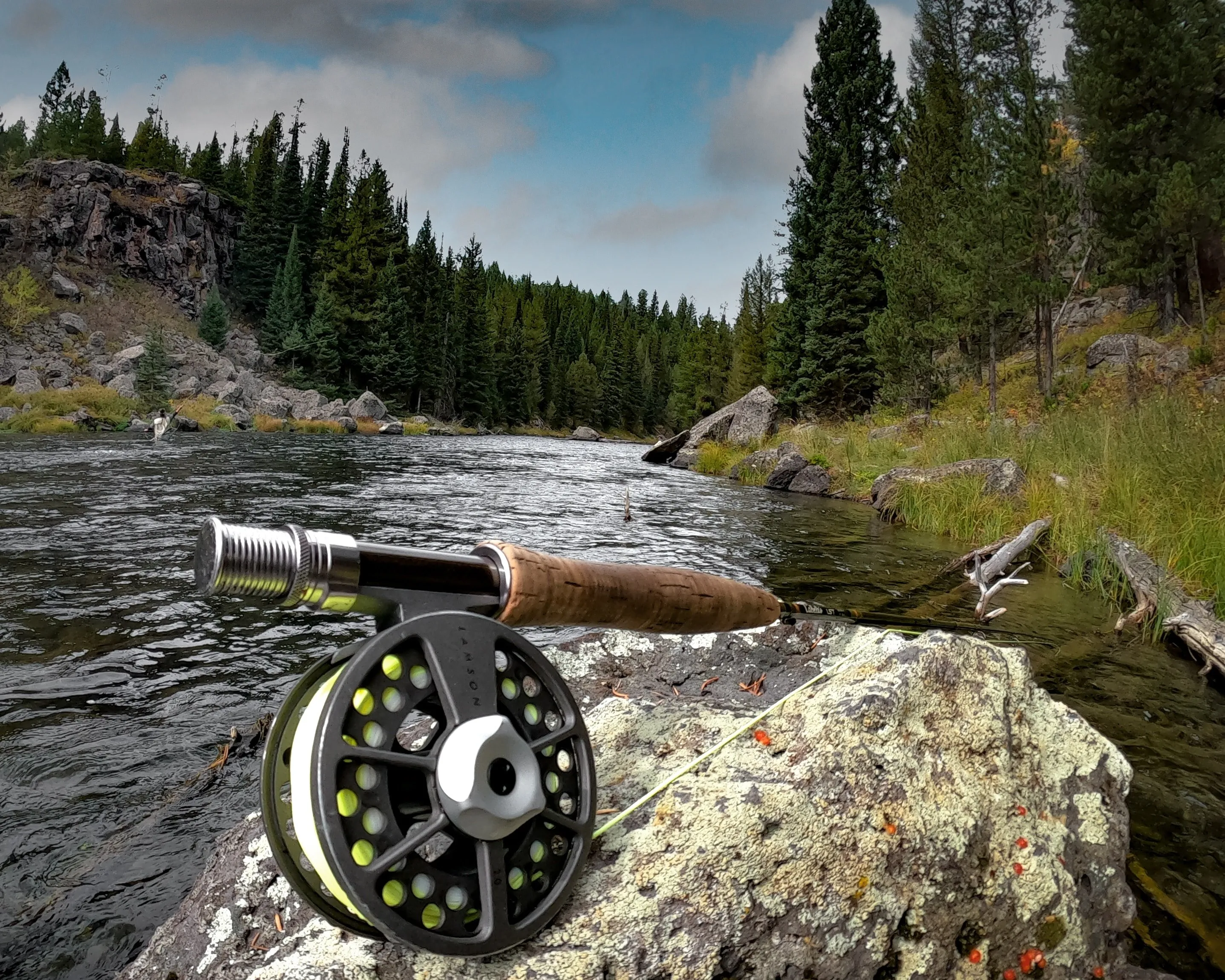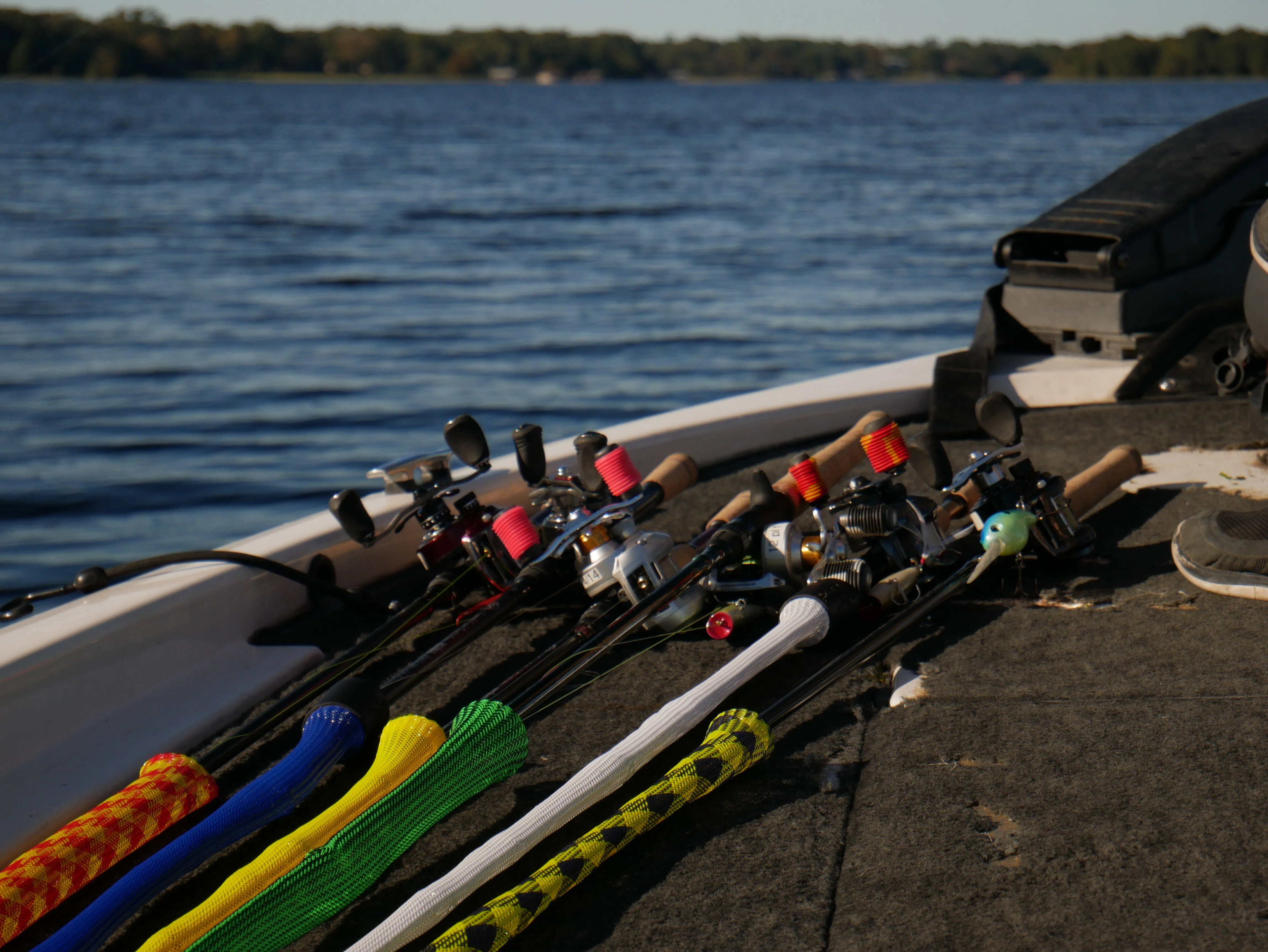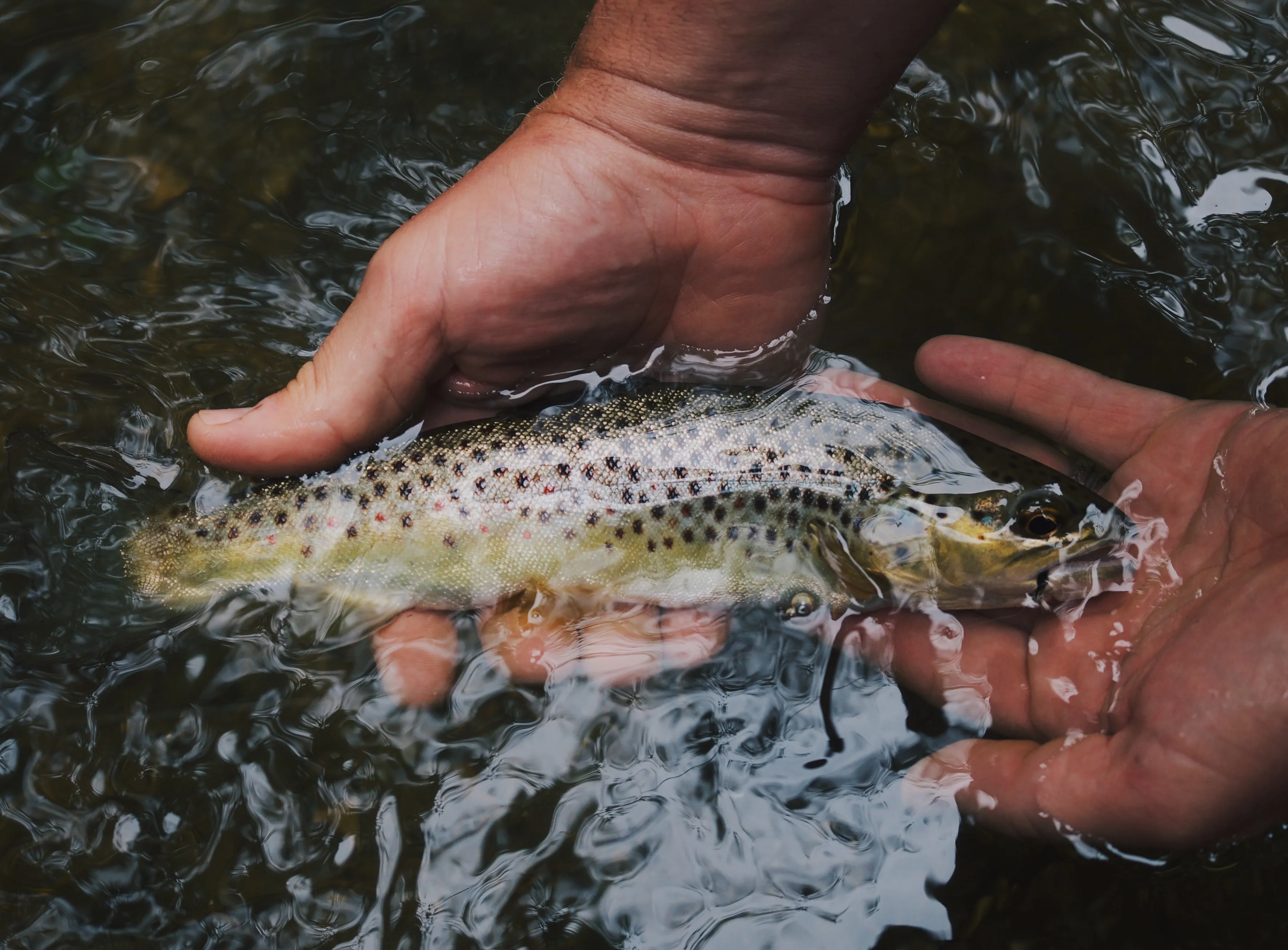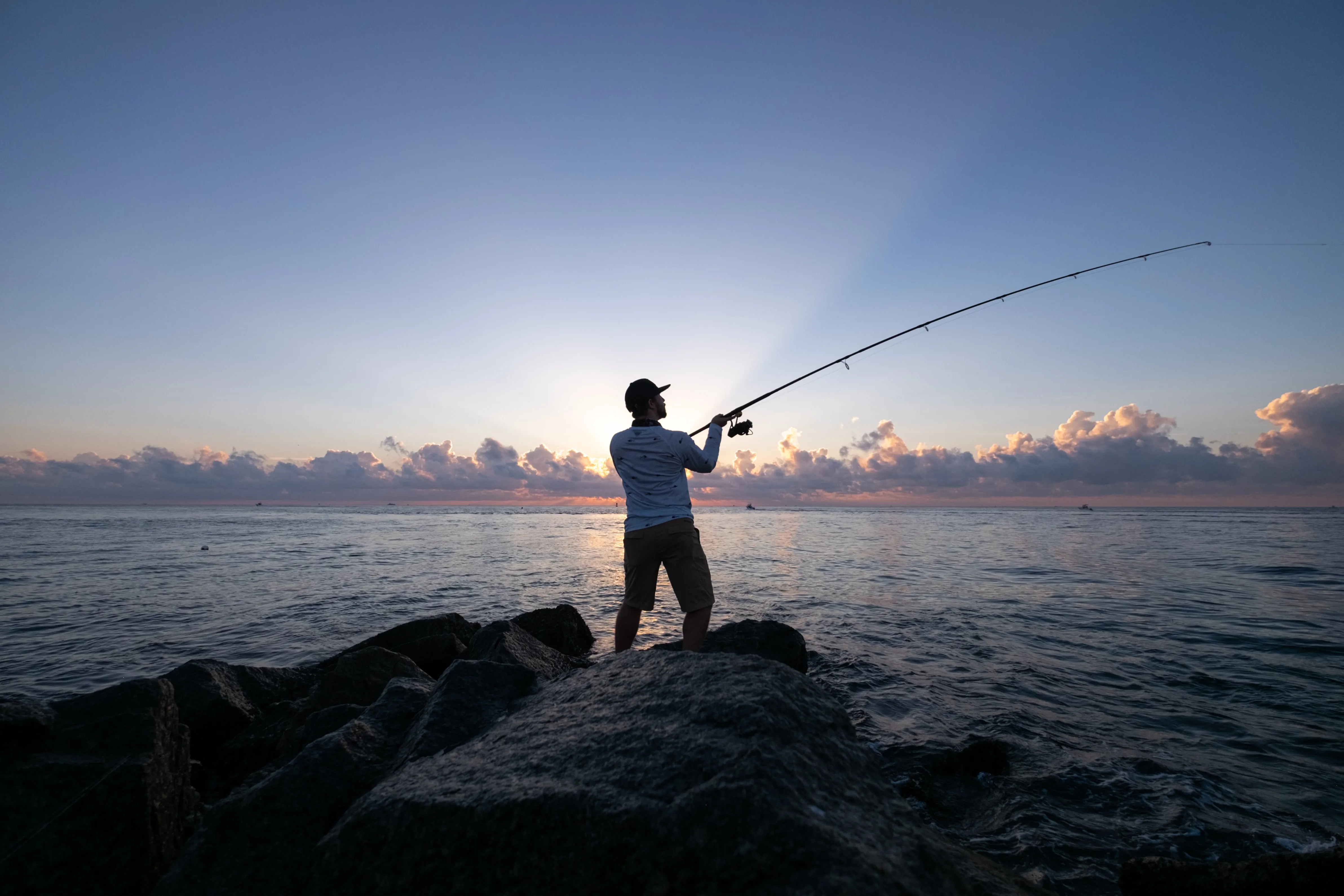Recreational Fishing and Mental Health: Hook, Line, and Tranquillity

Recreational fishing isn't merely a way to pass the time or serve as a weekend hobby. Instead, it's a form of therapy for many, offering much-needed respite from the fast-paced, stressful world we live in. This article will dive into the mental health benefits of different kinds of fishing – from tranquil riverbank fishing to the adrenaline-pumping deep-sea sport fishing. 🐟
The Subtle Art of Focus
Whether you're waiting for a fish to bite or carefully selecting the best bait, fishing inherently requires a high level of focus and concentration. This requirement trains your brain to drown out distractions and nurtures mindfulness.
The Zen of Patience
Fishing teaches you patience like few other activities can. It reminds us that good things often come to those who wait, an invaluable lesson that can be applied to various aspects of life, from work to relationships.
Reducing Stress and Enhancing Relaxation
Surrounded by nature, away from the hustle and bustle of city life, fishing offers a unique kind of tranquillity. The sound of water lapping at the shore, coupled with the serene environment, can significantly reduce stress and enhance relaxation.
The Reward of a Good Catch
Nothing quite compares to the thrill of a good catch. This sense of accomplishment releases endorphins, the body's natural feel-good chemicals, thus providing a natural high that can elevate your mood for hours, if not days.
Therapy Under the Sky
Beyond just the act of catching fish, the very experience of being out in the open water can be therapeutic. The feeling of the sun on your skin and the wind in your hair offers a form of ecotherapy, beneficial for both body and mind.
From focus and patience to stress relief and even ecotherapy, the mental health benefits of fishing are both abundant and varied. So the next time you're stressed, instead of biting your nails, why not cast a line? 🎣
Why do fish always know how much they weigh?
ecause they have their own scales! 🐟


